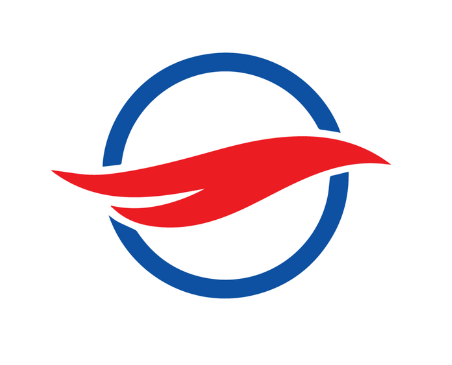Erbil, Zaza Street - Next to Ministry of Education
44001
Erbil, Iraq
Newsletter
Email newsletters offer a formal and widely accessible platform, while WhatsApp newsletters provide instant and personal engagement, especially suited for visual content.

